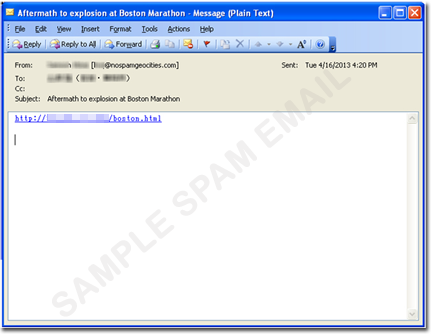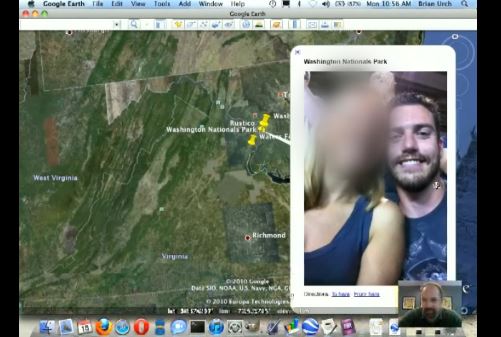The National Institute of Standards and Technology (NIST) issues major revision of core computer security guide: SP 800-53
The National Institute of Standards and Technology (NIST) have published the fourth revision of the government's foundational computer security guide, Security and Privacy Controls for Federal information Systems and Organizations. Better known to the federal computer security and contractor community as "SP (Special Publication) 800-53," this fourth revision is the most comprehensive update to the security controls catalog since the document's inception in 2005.
The Fourth Draft Included 
As part of the ongoing cyber security partnership among the United States Department of Defense, the intelligence community, and the federal civil agencies, NIST has launched its biennial update to Special Publication 800‐53, with an initial public draft released on February 28, 2012. The 2011-12 initiative will include an update of current security controls, control enhancements, supplemental guidance and an update on tailoring and supplementation guidance that form key elements of the control selection process. Key focus areas include, but are not limited to:
- Insider threats
- Software application security (including web applications)
- Social networking, mobiles devices, and cloud computing;
- Cross domain solutions
- Advanced persistent threats
- Supply chain security
- Industrial/process control systems
- Privacy


![The Best Antivirus App for Windows [UPDATED] The Best Antivirus App for Windows [UPDATED]](http://cache.gawker.com/assets/images/lifehacker/2011/05/appdirlabel-features.jpg)



